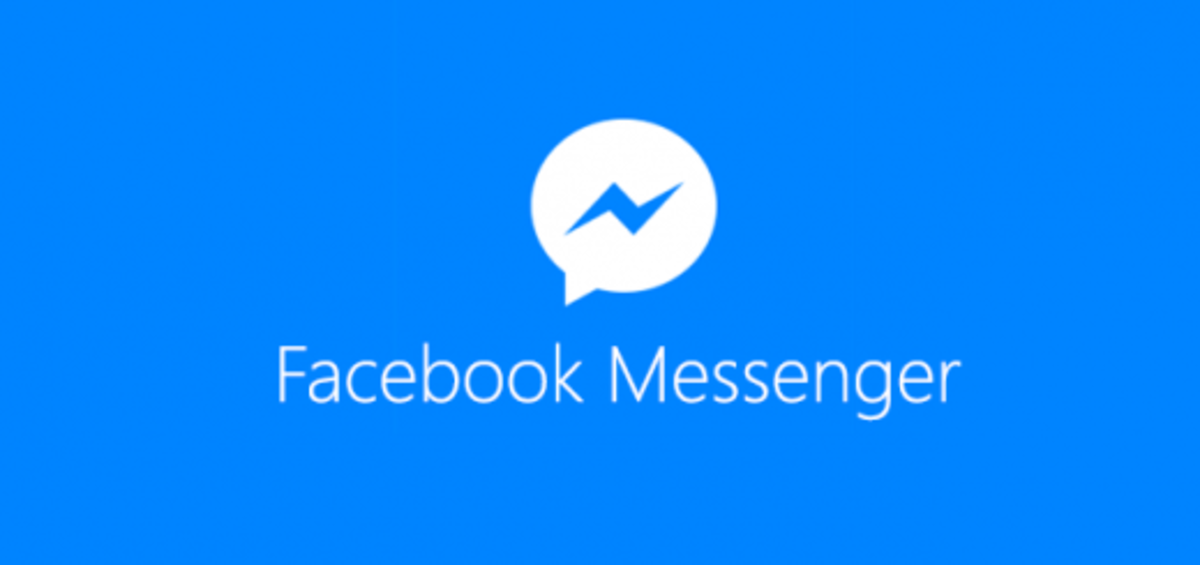The Ultimate Guide to Seo: Vocabulary Terms You Must Know
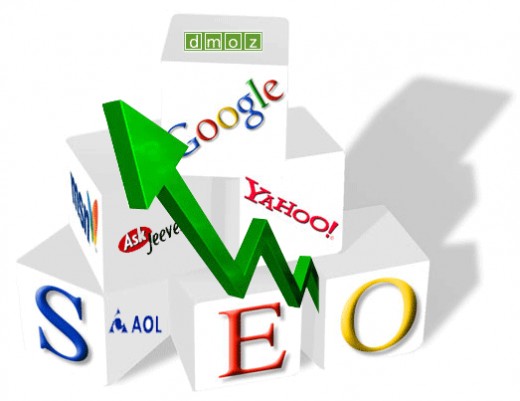
If you are a creator of online content (making videos, blogging, etc.) on a popular platform (YouTube, Blogger, Twitter, etc.) then you should be familiar with SEO (aka Search Engine Optimization). If anything I would bet some of you are obsess with SEO and getting your content out there for the world to see.
Even so, what happens if you are a beginner or a novice that wants to learn more about SEO. Well I am here to rescue you and give you a bit of a beginner’s manual on SEO. I don’t claim to be an expert at all in SEO but I am a bit interested in learning more about SEO. So here I give you some of the most common SEO vocabulary terms and lingo. I will explain them too.
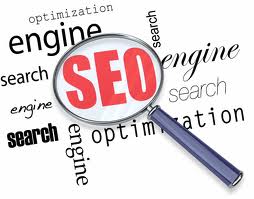
What does SEO mean?
Before I get into the vocabulary words, I will first like to define SEO.
SEO is short for search engine optimization- which is a bag of tricks, tools, and techniques of getting your content to appear on Google (and any other search engines).
Not just appear but be visible within the first pages of Google/Yahoo/Bing, etc. search engines. To be on top of other content that is similar, to beat out the competition by any means me. Call it cheating, call it clever (I will not be getting into the ethics of SEO), a lot of bloggers, companies, etc. use SEO to promote their content, blog, brand, and/or products. In recent years it is used as a key marketing/advertising tool to insure that content will be picked up by Google’s bots and in turn distributed and seen by many online people (and trolls and lurkers).
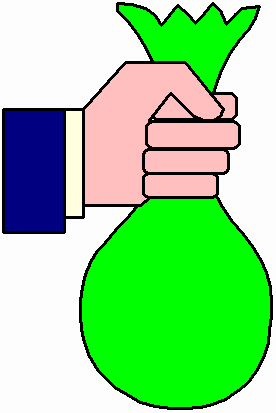
Two SEO Categories: Attention and Money $$$
I will divide the terms into two categories to represent how, and why people use and turn to SEO. One simply reason and intention is to spread the word and get attention to their content. The other reason and intention is to make money. These two reasons go hand in hand and people use can do both, or one or the other. These categories are not necessarily mutually exclusive (though they can be).
Another reason for me to divide these terms into two categories is because for the people that use SEO to get attention to their content, most oftentimes unknowingly use and practice SEO. An example is people who post their content on social media websites or use RSS. These people oftentimes focus on sharing content that they worked hard on and are proud of. They are not so much interested in money but more for recognition and attention. Some may also feel above SEO and feel their work/content will speak for itself. Others just don't about SEO.
For the people in the latter group they use SEO for a various reasons to spam/troll the search engines, to make “easy” money, and to do like the first group (sharing content that they worked hard on and are proud of). The real difference between these two groups is that the latter has more knowledge of SEO and want, not only to be recognized for their content, but to also make money off of it. It’s not a bad thing, per se, it’s just something to do in a world of competing ideas/content and a “small” space to do it on. Keep in mind there will be more terms in the second group then in the first group.

First Category: The Basics of SEO
Content- there is two common definitions of content. One is anything original that you create and put out on the internet for the world to see. This can be videos, poetry, songs, pictures and images. A second definition can be information that is put in the text form that a specific website provides.
Social Media- are online sites that are meant to be interactive, user friendly content that usually creates by a variety of users. Websites include Facebook, Twitter, Wikipedia, Hubpages (of course), Pinterest, YouTube, Google+, LinkedIn, etc.
RSS- RSS or Really Simple Syndication is a term mostly used for blogs and podcasts, it is format/software that reads your information and gives you the option to circulate frequently updated content. It also acts a bit like a bookmark and a one step subscribe button that allows you read content at your own time.
Search term(s)- are words and sentences a person uses to try to find information on a search engine. A person usually types it in, into the search box of a search engine (Google, Yahoo, Bing, etc.), click enter and of pages/websites filled with appear. It’s like magic.
Link- a reference to a specific online document, record or content. It usually is highlighted text, that underlines its self when you drift closer to it or try to click on it. It can also contain pictures
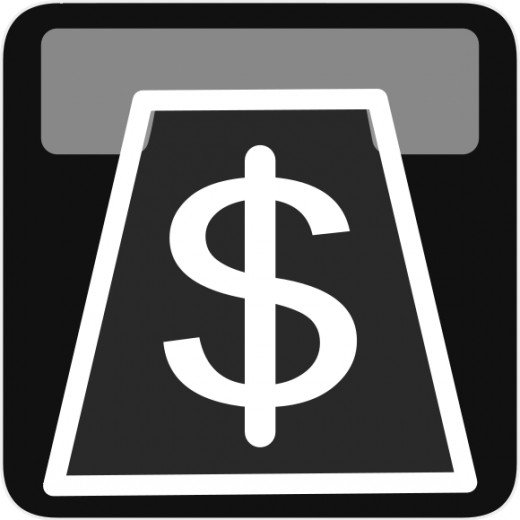
Second Category: SEO and Money Pt 1
Keyword phrase- this can be looked at as pretty much the same definition as a search term, even so it’s put in a different context when we talk about using SEO for money. Remember that optimize means to elevate, promote.
Here keyword phrase is a specific choice of words aka a keyword phrase (s) that is used to elevate your content’s position among search engines. It’s intentional, thought out and used to increase visibility to your content. SEO mavens do this by using keywords, which are some of the most popular/commonly used search terms and turning them into keyword phrases.
AdWords- the premiere program owned by Google that allows for target advertising based on PPC (pay per click) model. It allows you to bid on search terms based on competition, and when a user clicks on an ad they pay.
AdSense- another program made by Google that pays users to place ads alongside their original content. It is used to generate revenue/make money (either by CPT/cost per thousands or CPC/cost per click impressions. You can use this on blogs, YouTube videos and other popular websites that allow you to publish original content. You must file an application (which can be a tedious process) and its subject to terms and conditions.
Impression- the impression a particular content or ad has on a user/visitors and how wide/often it reaches and makes an impression on users/visitors.
Rank- the position of a web page as it appears on the search engine results page. Imagine waiting in line, either you are in the front of back.
Page Rank- the popularity and visibility of a website that is measured by Google and its various bots/spiders/other techny words.
Bounce Rate- how fast someone leaves your website as measured in percentage/numerical form. This is important to know because it provides you information on whether people immediately click off, click away or close your website content or if they linger and explore through your website/content.
Conversion rate- this is pretty much how popular you are at convincing others (through your content) to click on an ad, subscribe to your content, and make a purchase on your site (either through ads, and affiliate links).

Second Category: SEO and Money Pt 2
Affiliate- sites that allow you to sell their products through your website and/or content. Whatever sale you make you get a certain percentage out of it. They give you a unique link, which they track and use to pay you. Ebay, amazon and other websites have affiliate programs.
Analytics- a program that helps you gather and analyze data about specific information regarding website usage. Google analytics is a popular program, one of the best features is that it’s FREE!!!!
Algorithm- is pretty much the internet government and law enforcer, algorithm is guidelines and features that influence and determine SERP (short for Search Engine Results page) rankings
CPR- short for click through rate, it measures the amount of visitors/users who clicks on PPC (pay per click) ads.
CPA- short for content targeted advertising. A program like Google AdWords provides CPA. This is because it uses key phrases oftentimes for advertising/marketing purposes to drive and target audiences to specific content.
CPM- short for cost per thousand impressions, measures the value of PPC ads
CPC- short for cost per click, the monetary value and rate that an advertiser is willing to pay per click.
Traffic- information about your content such as who is viewing it, what website their viewing it on etc.

I can pretty much go on and on about SEO but I won’t. Even so, here you have it, SEO vocabulary terms that you can put in your new SEO thinking caps. If already know this cool, keep SEO-ing, if you’re new to SEO, I hope this helps. As I stated above I’m no expert on this, so please feel free to add onto this and correct me if I am mistaken. Thank You for Reading!!!







